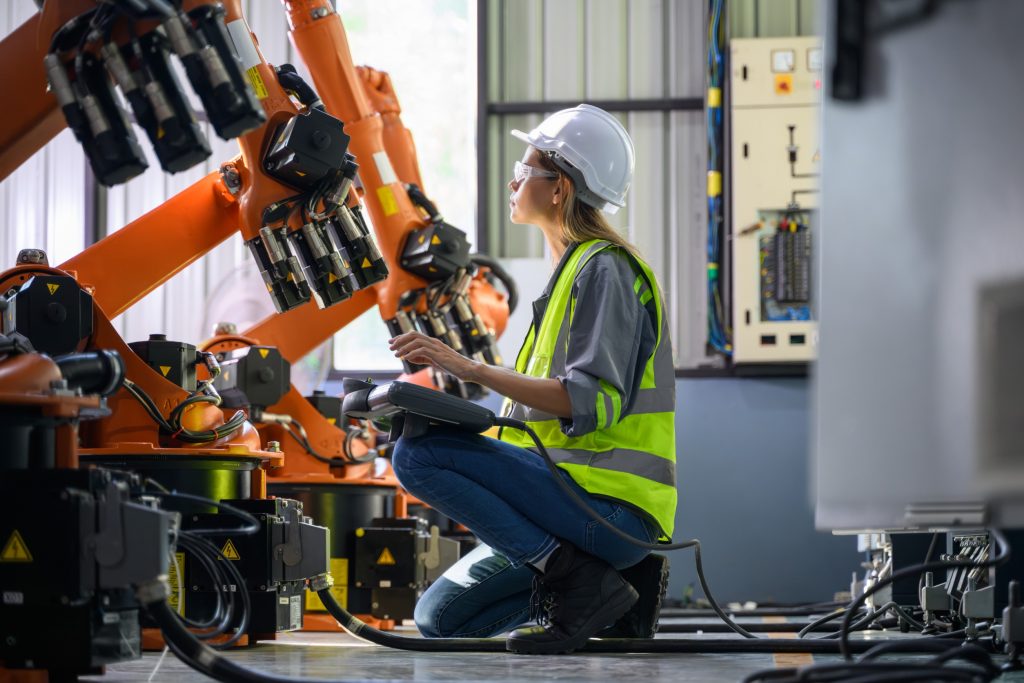
Industrial maintenance technicians play a critical role in ensuring the proper functioning of machinery and equipment in industrial settings. Their responsibilities are varied and essential for the smooth operation of manufacturing plants, factories, and other industrial facilities. If you’re interested in this career or looking for a job placement as an industrial maintenance technician here is a list of responsibilities that would align with that position.
Perform routine inspections, preventive maintenance, and repairs on a wide range of industrial machinery and equipment, such as conveyor systems, pumps, motors, HVAC systems, and production machines.
Diagnose and identify issues with equipment, machinery, and systems. Analyze problems and develop solutions to minimize downtime.
Perform mechanical, electrical, hydraulic, and pneumatic repairs on equipment as needed. This includes replacing faulty components, repairing or fabricating parts, and ensuring that all machinery operates safely and efficiently.
Calibrate and adjust equipment to ensure accurate operation and adherence to quality standards.
5. Safety Compliance: Ensure that all machinery and equipment meet safety standards and regulations. Conduct safety checks and implement safety measures to protect employees and prevent accidents.
Maintain detailed records of equipment maintenance, repairs, and inspections. Keep track of spare parts inventory and order replacements as necessary.
Be prepared to respond to emergency maintenance situations, such as equipment breakdowns or power outages, to minimize downtime and production losses.
Collaborate with engineers and production teams to implement equipment upgrades, modifications, and improvements to enhance productivity and efficiency.
Use predictive maintenance techniques, such as vibration analysis, infrared thermography, and oil analysis, to anticipate and prevent equipment failures.
Ensure that maintenance tools and equipment are in good working condition and properly calibrated. Maintain a clean and organized workspace.
Train and mentor junior technicians or production personnel in maintenance procedures and safe operation of equipment.
Identify opportunities to reduce energy consumption and implement energy-saving measures in equipment and systems.
Stay up-to-date with industry regulations, codes, and standards relevant to the facility and equipment to ensure compliance.
Collaborate with other departments, including production, engineering, and management, to coordinate maintenance activities and communicate maintenance needs effectively.
Assist in managing the maintenance department’s budget by tracking expenses, evaluating cost-saving measures, and providing input for equipment replacement or upgrades.
Maintain an inventory of spare parts and ensure that critical components are readily available to minimize downtime.
Keep detailed records of maintenance activities, repairs, and equipment histories for analysis and reporting purposes.
Industrial maintenance technicians need a combination of technical skills, problem-solving abilities, and a strong commitment to safety to effectively carry out these responsibilities and ensure the continuous operation of industrial facilities.